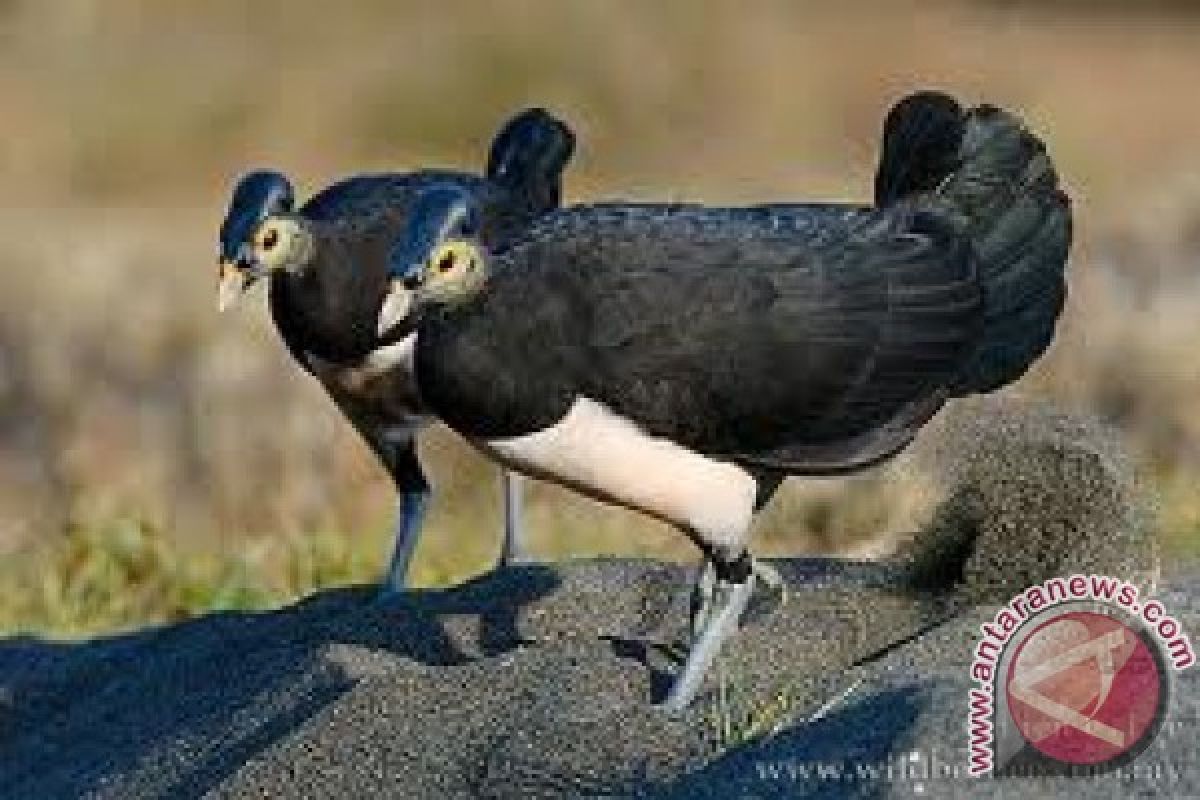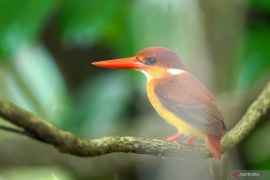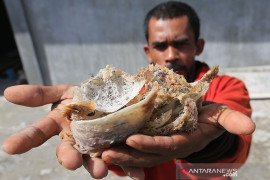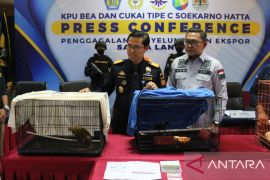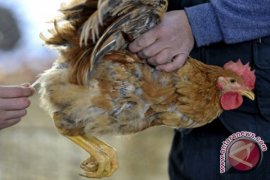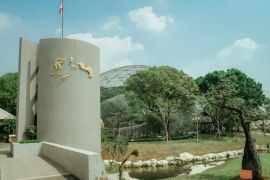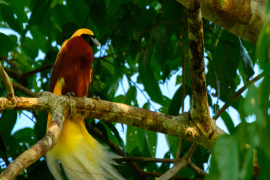The maleo chicks had been bred at a maleo conservation center in Bogani Nani Wartabone National Park, North Sulawesi Province, Indonesian Forestry Minister Zulkifli Hasan said at a press conference here on Friday.
"Without conservation efforts, the population of maleo in the wild would have been decreasing due to maleo egg predators such as lizards, python snakes, dogs, wild boars, and human beings.
When maleo birds exist in an area, it indicates that the ecosystem in the area is still good, according to the minister.
In addition to maleo, the ministry has also released Rangkong (Rhyticeros cassidix), Perkici Dora (Trichoglossus ornatus), Kus Kus (Ailurops ursinus), and hawksbill turtles (Eretmochelys imbricata) ta) into Batuputih eco-tourism forest in Bitung, North Sulawesi.
The minister said one of the main challenge facing the nation in trying to preserve its endangered animals is lack of the public awareness.
"Many tigers were killed for their skins, rangkong bird`s beaks were taken out, and elephants were poisoned," the minister said.
The ministry has limited budget to protect and preserve those endangered animals, he said.
The maleo is a ground-dwelling bird endemic to Sulawesi. Eggs are buried in communal warm sand nesting areas. It is considered endangered, in part due to egg harvesting by local people.
The maleo is a large, black and white bird with a prominent medium-length tail. As its alternative name, maleo megapode suggests, it has characteristically large feet.
This striking bird has a distinctive bony, dark casque on its crown, a yellowish face, and a bare pale bill. The thighs are black, and the belly white, with pink hues on the breast.
(J010/F001/A014)
Editor: Jafar M Sidik
Copyright © ANTARA 2013
